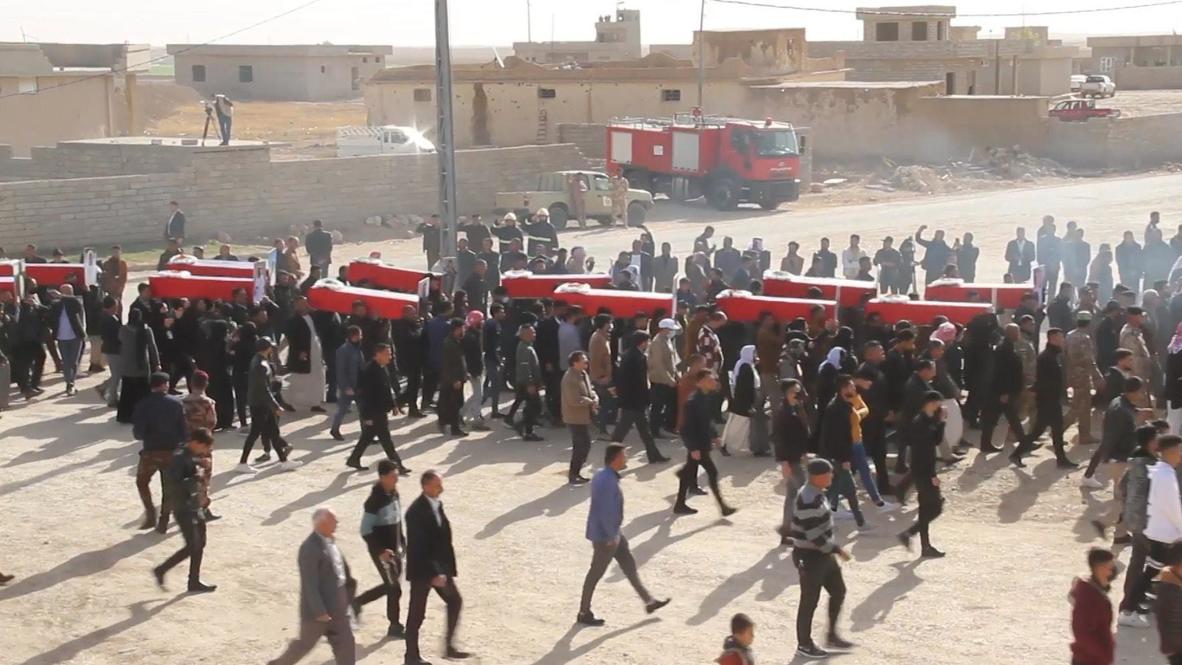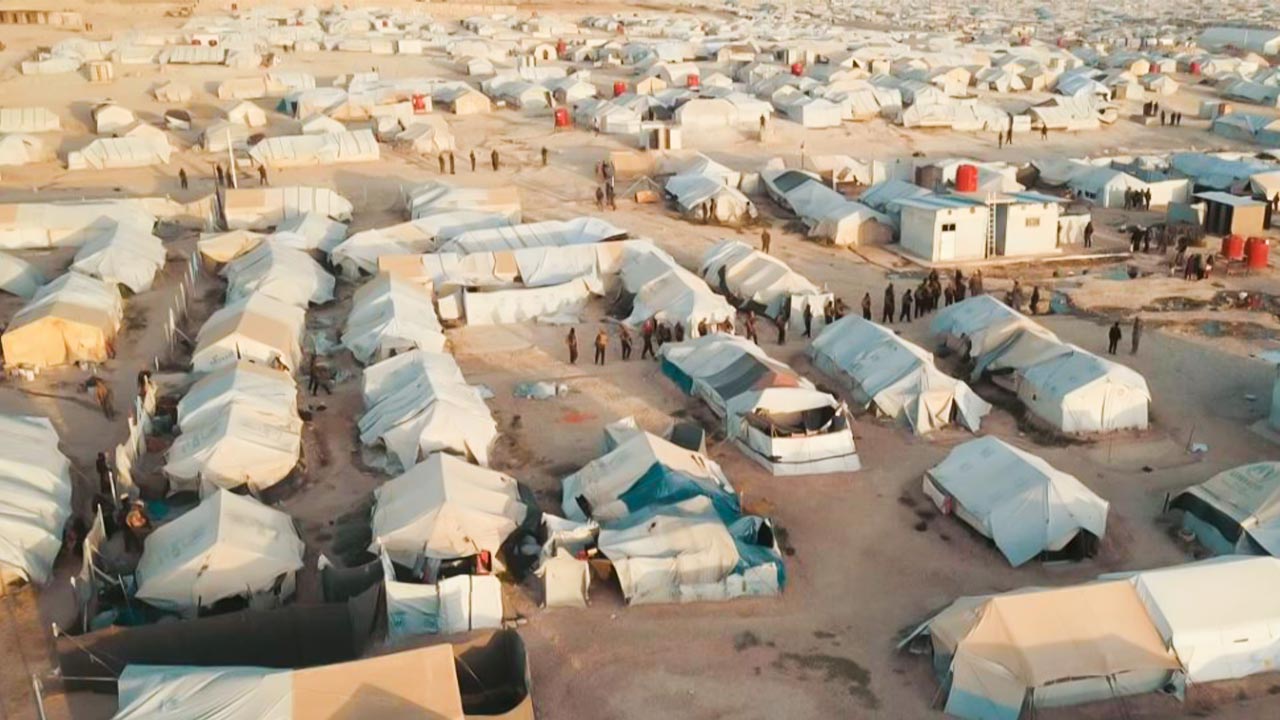Robin Fleming
The third of August is recognised as the starting date of the genocide conducted against the Yazidi people by the Islamic State (ISIS) in Sinjar, a district in the Kurdistan Region in Iraq. Nine years later, on the anniversary of this tragic event, we are encouraged to commemorate the thousands whose lives were taken by ISIS, the women and children who were kidnapped and forced into sexual slavery.

Nine years after the 2014 genocide, survivors still mourn their loved ones. In many cases the bodies of victims have been lost in unmarked mass graves denying their families the ability to give them a proper burial.
But remembering is not enough. Despite the fact nine years have passed, justice has not been brought to those who suffered under ISIS. Bodies of victims are still lost inside unmarked mass graves, abducted women still wait to return to their families, thousands of ISIS members who perpetrated these atrocities have still not faced any trial for their crimes. This anniversary is not a time to simply remember the past, but to remember that there are still vast amounts of work to be done today.
The genocide of Yazidi people was recognised by the United Nations High Commissioner for Human Rights (UNHCR) in March of 2015, a year after the event itself. As an official and recognised genocide, it serves us to look to the past for a potential plan of action. The most notable example to look at would of course be the Nuremberg trials which took place between November 1945 and October 1946. The Allied forces held these trials in Nuremberg, Germany to hold individuals from the Axis power accountable for war crimes and crimes against humanity committed during World War II, 1939-1945. Out of 199 high ranking Nazi individuals, 161 were convicted in the course of these trials. And this was all done in just one year following the conclusion of World War II.
Another example would be the Srebrenica genocide conducted by Serbian forces in 1995. Srebrenica, as well as other war crimes committed after 1991 in the former Yugoslavia, were the centre of the United Nation’s attention for a number of years. In 1993, the UN organised an International Tribunal for the former Yugoslavia (ICTY). Within nine years after Srebrenica, 161 people, including high ranking military and political officials, had been convicted by the Tribunal.
In stark contrast, it has been nine years since the conclusion of the genocide of Yazidis in 2014. In what is now almost a decade, the international community has failed to bring thousands and thousands of ISIS members to trial. Trying the perpetrators of this genocide, as well as giving surviving victims the opportunity to voice the horrors they experienced, is the absolute minimum owed to the Yazidi community.

Tens of thousands of local and foreign ISIS militants and affiliates remain in North and East Syria, still awaiting trial. Apart from the Autonomous Administration of North and East Syria (AANES), no governing force has proven its commitment to giving ISIS a fair trial and bringing justice to their victims.
Proposals for an international tribunal for ISIS members has been brought to the table multiple times. The Autonomous Administration of North and East Syria (AANES), who currently hold tens of thousands of local and foreign ISIS militants and affiliates in camps and detention centres across their territory have recently proposed to hold trials themselves, since their calls for assistance, whether that be repatriation of foreign ISIS members or holding a tribunal, have been repeatedly ignored. The AANES’ resources are already horribly stretched, and containing detained ISIS members proves an immense strain on their economy. It is the duty of the international community to help in trying ISIS, especially countries whose citizens joined the terrorist group and remained in Syria, but after years of no response the administration had to decide to carry out the trials themselves. No date has been given for the start of the trials.
On the ninth anniversary, we have seen progress towards justice for the victims of ISIS, such as the United Kingdom finally recognising it as a genuine genocide. Making it the fifth genocide to be referred as such by British authorities, in addition to the Holocaust, Rwanda, Srebrenica, and the actions of Pol Pot in Cambodia. The importance of recognition and awareness should not be minimized, but it must always lead to action. Yazidis have waited long enough to see those who committed horrific crimes against them brought to trial. The AANES has called for aid in organising said trials long enough. Let next year, the decennial of the genocide, be the year mourning, recognition and sympathy turn into legal action.










